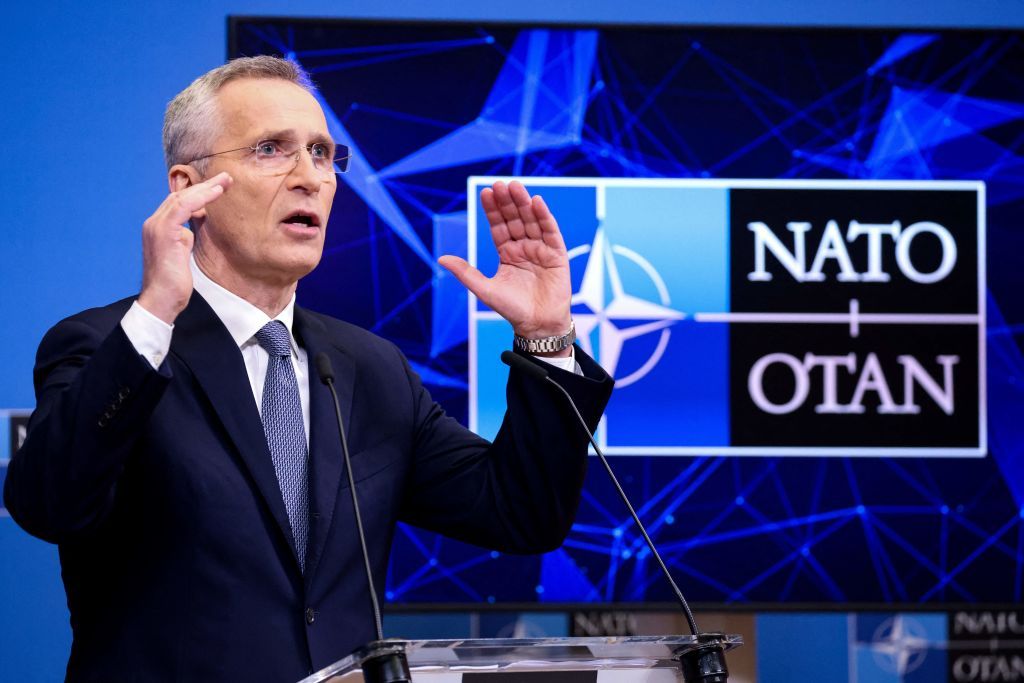Kuleba pens op-ed on why NATO must admit Ukraine

Finland's NATO accession showed that fears Ukraine joining the military alliance would "provoke" Russia were unwarranted, Foreign Minister Dmytro Kuleba wrote in an op-ed for Foreign Affairs published on April 25.
Finland, which also borders Russia, submitted its application in May 2022 to join NATO after years of military neutrality. Rather than responding with military action when Finland became a member of NATO, Russia simply attempted to downplay the move.
According to Kuleba, "Russian aggression against Ukraine has reinvigorated the alliance and given it a new raison d’être."
However, fears of provoking Russia have "clouded the alliance’s judgment, leading it to adopt an overly cautious strategy that has had grave consequences for thousands of Ukrainians who have been kidnapped, raped, tortured, displaced, or killed," according to Kuleba.

Kuleba also reiterated a point that he made in mid-April about how NATO's Membership Action Plan (MAP) is no longer a necessary step for Ukraine's path to joining the military alliance and would only delay its membership.
This is why Ukraine is looking for a "concrete timetable for Ukraine’s accession to NATO," Kuleba wrote.
"Today, millions of Ukrainians are honing their skills in Europe’s bloodiest war of the twenty-first century. Tomorrow, they will use those skills to bolster NATO’s collective security," according to Kuleba.
During a meeting with NATO Secretary-General Jens Stoltenberg in Kyiv on April 21, President Volodymyr Zelensky also said that Ukraine needed "something more than the format of our relations which exist today" and that the country needed a clearer indication of when it was joining NATO.
At the meeting, the NATO chief reaffirmed his personal support for Ukraine's future NATO membership.
"I will speak clearly," Stoltenberg said at the briefing, "Ukraine's rightful place is in the Euro-Atlantic family, Ukraine's rightful place is in NATO."











